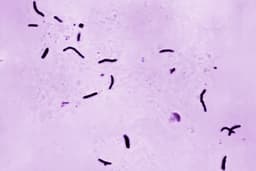Home / Health / Harvard Experts Reveal Gut-Boosting Foods for Healthier Digestion
Harvard Experts Reveal Gut-Boosting Foods for Healthier Digestion
16 Nov
Summary
- Yogurt and kefir provide probiotics for gut health
- Fermented foods like sauerkraut and miso support beneficial bacteria
- Prebiotic foods like beans and garlic fuel existing gut bacteria

According to a recent report from Harvard Health Publishing, certain food groups can play a crucial role in supporting healthier digestion. Probiotics, found in yogurt, kefir, and fermented items like sauerkraut and miso, are highlighted as reliable ways to introduce beneficial bacteria into the gut. These live and active cultures can influence everyday functions, from immune response to bowel movements.
Prebiotics, on the other hand, serve as fuel for the bacteria already present in the gut. Foods rich in prebiotics, such as beans, whole grains, garlic, bananas, onions, and asparagus, allow existing gut bacteria to multiply and better manage nutrients and fluid levels.
Fiber, both soluble and insoluble, also remains central to digestive health. It adds bulk, retains moisture, and keeps material moving through the digestive tract. Harvard experts note that supplements can help fill the gap for those who don't meet daily fiber needs through meals.
Overall, making strategic food choices that incorporate probiotic sources, prebiotic ingredients, and both types of fiber can offer steady support for digestive health. Small adjustments across meals may help keep the digestive system running consistently.




